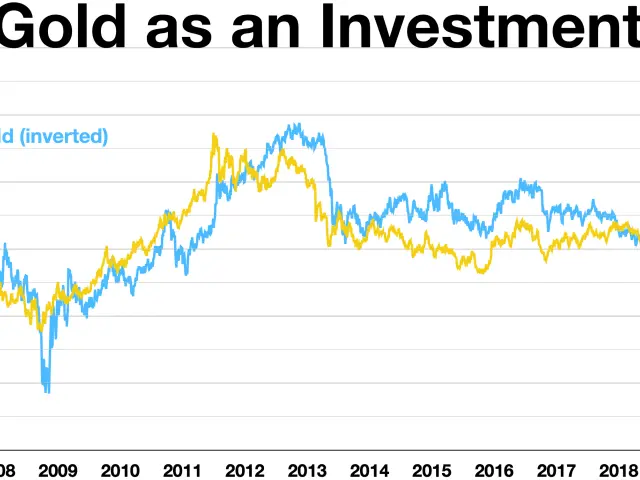Social Gatherings Amplify Unusual Behaviors: The surge of digital social networks leading to the flourishing of dysfunctional thought patterns
In the digital age, the world is now confronted with a perpetual 'arms race' in tactics and technology between purveyors of propaganda and nonsense, and people trying to tell the truth. This battle is particularly evident in the spread of conspiracy theories, one of the most notable being the global belief that the COVID-19 pandemic was caused by radio-frequency emissions from 5G cell phone towers.
David Green, an Adjunct Professor of Computer Science at Monash University, has made research contributions about the nature of complexity. His work includes the role of network phase changes in criticality and applying insights about complex networks to real-world systems. Green's research could provide valuable insights into understanding and combating the spread of misinformation.
Another researcher, Fatima Seeme, specializes in agent-based modeling of social dilemmas and investigates the emergence and spread of pluralistic ignorance through computational models. Pluralistic ignorance, groupthink, and polarization are known to be 'emergent' effects that arise naturally under suitable conditions and can lead to bizarre group behaviors, such as the rapid spread of conspiracy theories.
The increase in extremist views and conspiracy theories on social media in recent years is due to several factors. The overwhelming complexity and information overload on digital platforms, the creation of echo chambers and filter bubbles by algorithms that prioritize emotionally charged and polarizing content, and the targeted use of social media by extremist actors to spread their messages and influence especially young people, all contribute to this dynamic.
Moreover, audiences may persist in believing malign nonsense and are prone over time to forget what they are taught. This forgetfulness, combined with the rapid pace and emotional nature of online communication, makes it easier for false information to spread and for conspiracy theories to take root.
Communities of like-minded people emerge via social media, including the rapid spread of extremist views and conspiracy theories. These communities often reinforce each other's beliefs, making it difficult to counteract the spread of misinformation.
Creators and spreaders of malign messages may leverage freedom of speech legislation and migrate between platforms and media types. This makes it challenging for authorities to suppress the spread of deceptive messages. However, authorities might suppress the spread of deceptive messages by treating them like epidemics, by blocking or de-platforming creators and spreaders of malign messages, filtering malign content on media platforms, and educating or training audiences to reject malign content.
Unfortunately, the advent of mass media has given some people a far wider reach than ever before, aiding propaganda while also amplifying extreme views. This is further intensified by the fact that on the internet, groups of people are connected irrespective of geographical distance, allowing individual views to be reinforced by large supporting groups.
Unexpected events and behaviors often emerge through networks of interactions without any conscious prompting. This means that even well-intentioned actions can unintentionally contribute to the spread of misinformation. It is crucial for everyone to be vigilant and critical of the information they consume and share.
In conclusion, the spread of conspiracy theories and other widespread incorrect beliefs is a complex issue that requires a multi-faceted approach. By understanding the factors that contribute to the spread of misinformation, we can develop strategies to counteract it and promote a more informed and critical society.
Read also:
- Mohammad Yousuf publically labeled Suryakumar Yadav as a "pig," an unusual slur Yousuf explained.
- Today's most impactful photographic moments
- Support for Eric Adams in The Post's Letters to the Editor on August 13, 2025
- Roosting Shark and Rambunctious Red Squirrels: Unconventional House Rental in Yorkshire Involving Aquatic Marvel, Squirrely Mayhem, and Mystical Planning Regulations







